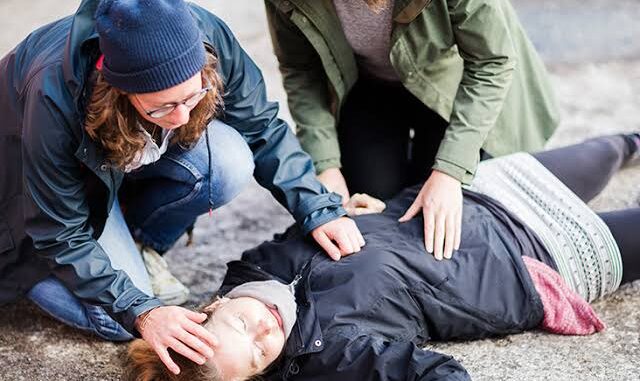
Seizures are a neurological condition characterized by abnormal electrical activity in the brain. Witnessing someone you are close to experiencing a seizure can be a distressing and overwhelming situation. However, it is crucial to remain calm and take appropriate actions to ensure the safety and well-being of the individual. In this article, we will explore what you should and should not do if you are close to someone suffering from a seizure attack according to healthline.
What to Do:
Stay calm and composed:
It is essential to remain calm during a seizure episode. Panicking may escalate the situation and hinder your ability to help effectively. Remember that seizures are typically short-lived and will pass.
Create a safe environment:
Clear the immediate surroundings of any sharp objects or obstacles that could cause harm during the seizure. Remove glasses, tight clothing, or anything that might restrict breathing or movement.
Protect the head:
Place something soft, such as a cushion or folded clothing, under the person’s head to prevent injury.
Time the seizure:
Note the start time of the seizure to provide accurate information to medical professionals if needed. Observe the duration of the seizure as well, as most seizures last less than two minutes.
Position the person:
Gently roll the individual onto their side to prevent choking on saliva or vomit. This position allows fluids to drain and helps keep the airway clear.
Offer reassurance:
Speak in a calm and soothing voice to help reassure the person once the seizure has ended. Let them know they are safe and that medical help, if required, is on the way.
Provide privacy:
After the seizure, create a calm and supportive environment for the individual. Allow them some privacy to recover and regain their composure.
What Not to Do:
Do not restrain the person:
It is crucial not to hold down or restrict the movements of a person during a seizure. Allow the seizure to run its course naturally.
Avoid putting objects in the person’s mouth:
It is a common misconception that people can swallow their tongue during a seizure. However, placing anything in the mouth during a seizure may cause injury to the individual or yourself.
Do not panic or crowd the person:
While witnessing a seizure can be distressing, it is important not to panic or gather a crowd around the person. Clear the area to provide the person with sufficient space.
Avoid forcibly waking the person:
Once the seizure is over, allow the person to wake up naturally. Trying to wake them forcefully may cause confusion and disorientation.
Do not offer food or drink immediately:
After a seizure, the person may be disoriented or have difficulty swallowing. Wait until they are fully conscious and alert before offering any food or drink.
Being close to someone who experiences seizures can be challenging, but by understanding what to do and what not to do during a seizure episode, you can provide the necessary support and ensure their safety. Remember to stay calm, create a safe environment, and provide reassurance. Seeking medical attention may be necessary if the seizure is prolonged, the person is injured, or if it is their first seizure. By being knowledgeable and compassionate, you can make a positive difference in the life of someone living with seizures.








How can it be cured permanently, please I need your advice